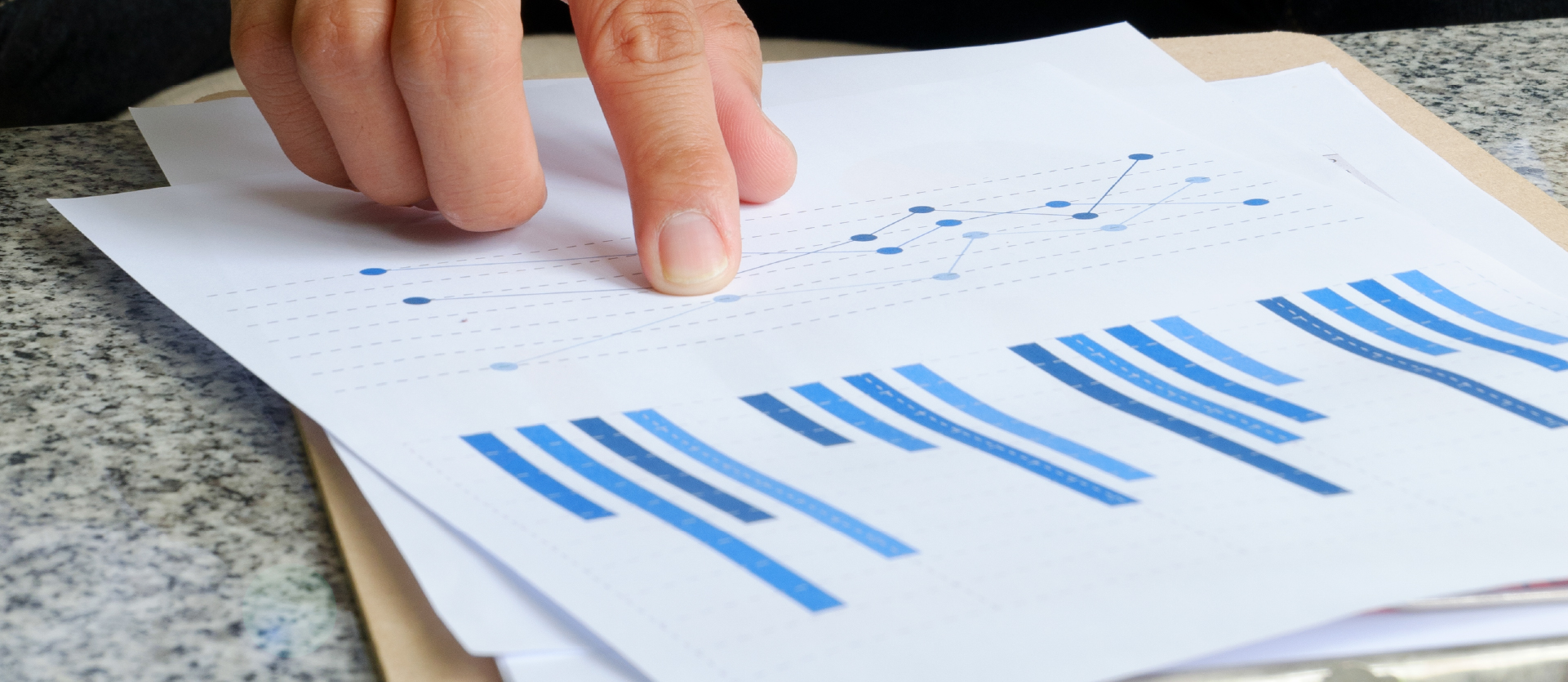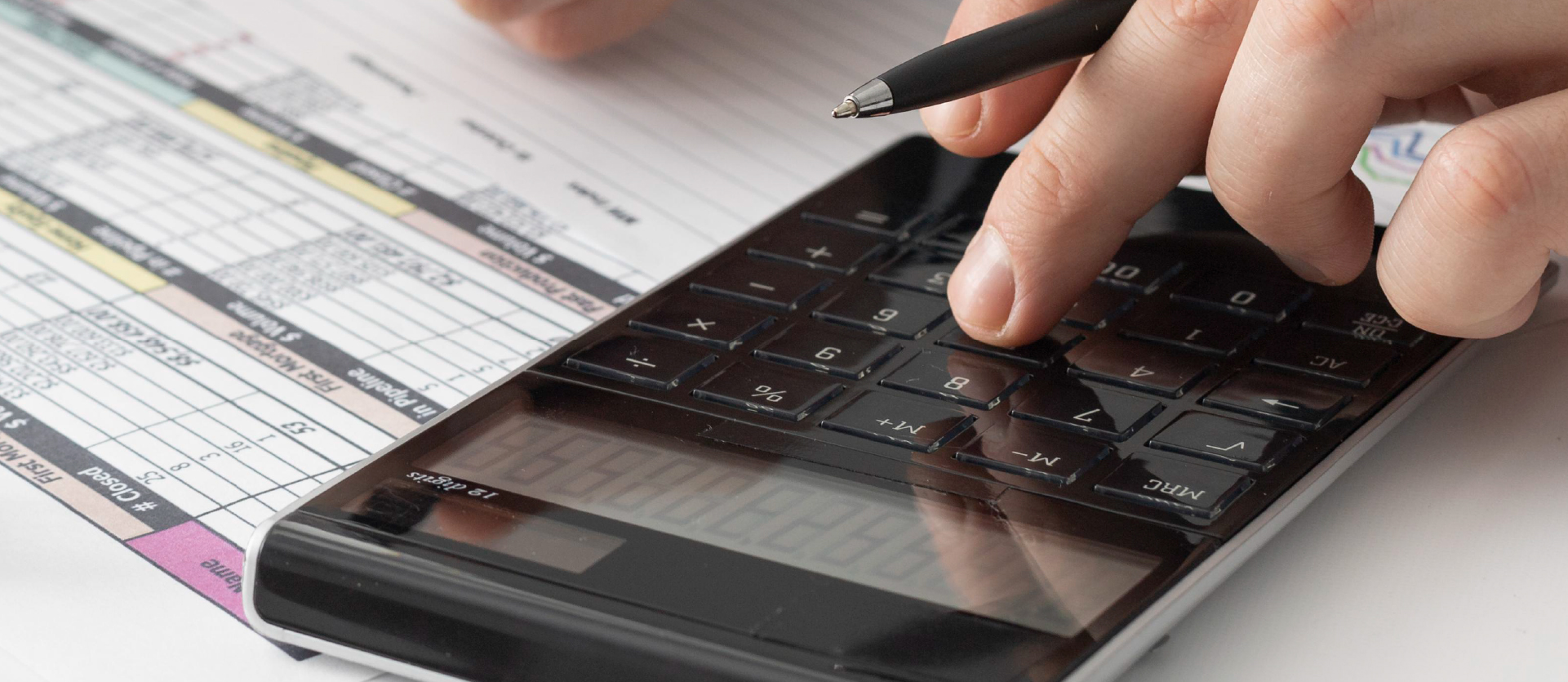The global production of plastics has skyrocketed in the last 50 years, and especially in the last decades, according to data published by the Greenpeace organization. The publication mentions that in the last ten years we have produced more plastic than in the entire history of mankind. According to a report by the United Nations, it is estimated that around 5 trillion plastic bags are consumed worldwide every year, which is equivalent to almost 10 million bags per minute.
Governments around the world are becoming increasingly aware of the magnitude of plastic pollution. So far, more than 60 countries have enacted official measures and dozens more are working on regulations and strategies to tackle one of the biggest environmental problems of our time, according to a report published by UN Environment. Fortunately, Paraguay is no exception.
As of July 1, 2021, the Government seeks to enforce the long-awaited, and several times postponed, Law 5414/2015 "That Promotes the Decrease in the Use of Polyethylene Plastic" (the "Law"), with its Regulatory Decree 5537/2016 (the "Decree"), which seeks to regulate the consumption of single-use polyethylene bags employed by supermarkets, self-service stores, food stores and stores in general for the transportation of products or merchandise, which must be progressively replaced by others reused or made with non-polluting and reusable alternative biodegradable materials.
The enforcement authority is the Ministry of Industry and Commerce (MIC), in coordination with the municipalities.
La Ley establece que se deberá reemplazar en forma gradual el uso de bolsas de polietileno de un solo uso por otras reutilizables o confeccionadas con materiales biodegradables alternativos no contaminantes y reutilizables en el plazo de doce meses, en el sector minorista en mercados, supermercados y comercios con predominio de productos alimenticios y bebidas, y de veinticuatro meses, para todos los demás establecimientos, incluyendo los de venta al por mayor. Posteriormente, por Res. 353/2017 se estableció un cronograma de reemplazo gradual de bolsas de polietileno de un solo uso, que iba desde el 1° de septiembre 2018 hasta el 1° de septiembre 2023, estableciendo que, en septiembre de 2019, las bolsas de polietileno de un solo uso ya no deberían ser comercializadas. Esta Resolución fue luego modificada por Res. 453/2019 que estableció un nuevo cronograma que iba desde el 1° de mayo 2019 hasta el 1° de febrero 2024, estableciendo que, a partir del 1° de febrero 2020, las bolsas de polietileno de un solo uso ya no deberían ser comercializadas.
However, by decree 3920/2020 and then by law 6636/2020, stores in general have been authorized to use polyethylene bags and other "conventional" plastic material while the pandemic emergency law 6524/2020 is in force, in accordance with the exception provided for in art. 9 of the Law, applicable when it is necessary to use polyethylene bags or other conventional plastic material for food safety or sanitary issues.
Recientemente, mediante CIRCULAR SSECS N° 01/2021 (la “Circular”), el MIC estableció que a partir del 1° de noviembre de 2021 todos los negocios deben disponer de bolsas reutilizables (de material virgen o material de alto contenido reciclado) La misma Circular también prevé un proceso de ajuste y transición desde el 1° de julio al 31 de octubre de 2021 para que todas las empresas productoras de las bolsas reutilizables puedan obtener la certificación necesaria ante el INTN a fin de satisfacer la demanda que tendrán por parte de los negocios.
Another obligation imposed by the Law is that the obligated parties must display at least the following legend on the cash registers: "LET'S TAKE CARE OF THE ENVIRONMENT, REDUCE - REUSE - RECYCLE PLASTIC BAGS. WHEN SHOPPING, TAKE YOUR REUSABLE BAG WITH YOU".
La Res. 353/2017 establece los precios mínimos que los comercios deberán cobrar por las bolsas de polietileno de un solo uso utilizadas para el transporte de mercaderías a fin de estimular que los consumidores lleven sus propias bolsas reutilizables o cajas de cartones o cualquier recipiente para evitar en lo posible el uso de bolsas de plástico.
The General Directorate of Internal Commerce of the MIC will be in charge of controlling stores comply with the regulation.
Failure to comply with the Law and its regulations may result in fines from 10 to 500 minimum daily wages, requiring prior administrative proceedings before the General Directorate of Legal Affairs of the MIC.
La ley determina que los productos regulados por la misma deberán contar con la certificación del Instituto Nacional de Tecnología, Normalización y Metrología (INTN), el cual verificará que los componentes y materiales utilizados en la fabricación de bolsas cumplan con los criterios de biodegradabilidad alternativos no contaminantes establecidos. Hasta el momento, por Res. MIC 178/2021, se estableció la certificación obligatoria de las bolsas de plástico polietileno reutilizables y de las bolsas de plástico reutilizables con alto contenido reciclado. Esta certificación se efectúa de acuerdo con el Reglamento de Evaluación de la Conformidad (Anexo 1 de la Resolución 178/2021).
Resolution 353/2017 also creates the Register of Manufacturers and Importers of plastic bags (polyethylene, polypropylene, and other thermoplastics) and biodegradable bags (paper, biodegradable plastic) that will be managed by the General Directorate of Domestic Trade of the MIC. Interested parties must submit the registration applications by completing Annex II (Natural Person) or Annex III (Legal Entity), which are part of said resolution. It also establishes that the National Customs Directorate (DNA) will only grant import permits for plastic bags and biodegradable bags that have a previous import license issued by the MIC, the requirements of which are detailed in the same resolution.
Muchos llaman a esta Ley “Antihule” o “Antiplásticos”, cuando que, en realidad, la ley no prohíbe el uso de plásticos o bolsas de plásticos de polietileno a nivel general, sino que exige que las bolsas de plástico de un solo uso no sean más comercializadas por los comercios y determina que las que se ofrezcan y utilicen para el transporte de mercaderías estén certificadas por el INTN y sean de mayor espesor para ser reutilizables. Es decir, el espíritu de la Ley es más bien que los consumidores reutilicen sus bolsas de plásticos o utilicen bolsas biodegradables, por lo que, al menos por ahora, continuarán las bolsas de plástico en las cajas registradoras de los comercios, pero con un costo adicional para el consumidor. Es importante resaltar que esta Ley no abarca bolsas de basura. Igualmente podemos decir que es quizás un primer paso hacia lo que otros países han logrado: la disminución o hasta prohibición del uso de bolsas de plástico para el transporte de mercaderías.
The reduction and improvement of the use of plastics is a global trend now being implemented for several years in many countries around the world, but coincidentally many of them have chosen 2021 as the year of #plasticfree, with numerous campaigns of millions of public and private organizations working to raise awareness not only with governments, but also with consumers for a world with less plastics. The main campaigns in July are precisely #juliosinplastico, plastic free july - challenge, among others.
In Chile, for example, since July of this year, single-use plastics -such as cutlery, stirrers, straws, plumavit articles, containers and cups, among others- have been prohibited in all prepared food outlets, whether for consumption inside the premises or for delivery. Failure to comply with this rule results in fines for the benefit of the municipality.
Another example is Spain, where, in addition to measures taken years ago such as charging for bags in supermarkets and other businesses, there is now a draft Law on Waste and Contaminated Soil that for the first time limits the use of single-use plastics in certain areas, such as food, and incorporates restrictions on their sale. One of the key measures of this bill is a tax of €0.45 per kilogram on non-reusable plastic packaging. Since July 3, 2021, the introduction of a number of products on the market is prohibited: cotton swabs, allowed only in the sanitary area, cutlery, plates, straws and beverage stirrers, except those with industrial or professional uses.
Mexico City started 2021 with the ban on single-use plastics, therefore, as of January 1, 2021 "the commercialization, distribution and delivery of single-use plastic products is prohibited", according to the published rule. So far, 28 states have approved and published laws related to plastics, and there are 183 bills in Congress to ban, replace or reduce the consumption of plastics in Mexico.
Costa Rica, one of the world's leading examples in this area, has a mission to ban all single-use plastics by 2021. The country's ultimate goal is to become a carbon neutral nation by 2050. Other countries such as the United Kingdom and the Netherlands have also set 2050 as the target to bring their net carbon emissions to zero. Germany, for its part, aims to eliminate the use of coal by 2038 at the latest and, in the meantime, continues to invest in renewable energies.
A nivel Unión Europea, en el 2019 se aprobó en Bruselas una directiva comunitaria UE 2019/904 que tiene como fin la prohibición de vender productos de plástico de un solo uso en todos los países miembros de la Unión Europea. La fecha límite para que los países miembros adapten su legislación a esta nueva directiva se ha fijado para el 3 de julio de 2021. Esta directiva afecta a los productos fabricados en plástico que sean desechables o de usar y tirar. Es el caso de: hisopos, bolsas de plástico, pajitas, platos, vasos y cubiertos de carácter desechable, recipientes o envases para comida.
If plastic bag bans are properly planned and enforced, they can effectively counteract one of the causes of excess and misuse of plastics. However, solving the problem at its roots requires changes in the habits of consumers, retailers and manufacturers, and the adoption of sound policies that promote a more circular model of plastics design and production.
In the meantime, all of us as consumers have a key role in the correct application of this new Law and as a first step we could join the #JulyWithoutPlastics challenge that is going around the world and that was promoted in Paraguay by @paraguaysinbasura. The World Wide Fund For Nature (WWF) determined that the average use of a plastic bag is 15 minutes while it takes many years to decompose.


